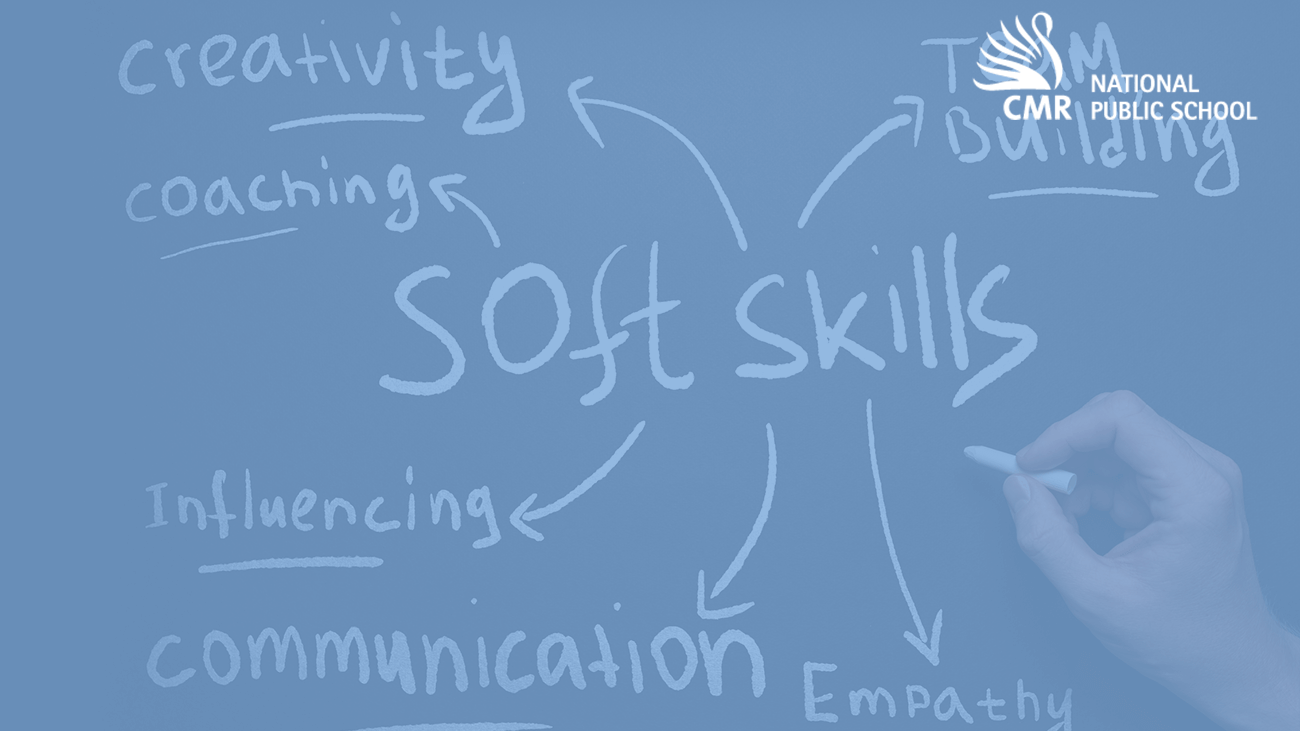The Social Science programme at our school tries to help us understand in a deeper manner the impact of one empire on the world versus learning a lot of facts about many empires. Our focus is to equip students with skills they can use in real life and go beyond memorizing facts from textbooks. In Grade 7 Middle School History had a World history focus in Term 1 and in term 2 they will focus on Indian history. In both terms, students learn from relative time periods (12th to 15th centuries) so that students are able to connect events happening in the world and in India in relative time periods.
Here is a student blog by Nabhanuddin Safiri – Grade 7, CMRNPS on his first-time experiences of learning social science without a textbook.
“For this term, our focus was world history and we were introduced to the Ottoman empire. My experience of Grade 7 thus far has been new and exciting one. Initially, my parents and I were worried about how I would learn without one textbook in Social Science. I thought I would share my learning process with you and how I learnt actively through class experiences and student resources. My teacher, of course, facilitates all of these with a smile on her face amidst the monsters in middle school!
We began our learning of the Ottoman Empire by exploring where it was located and who the founding fathers were. We then started looking at important sultans that contributed to the building and expansion of this empire. Here is a highlights reel of what you missed in my class:
RESEARCHING
Research opportunities using digital technology- I got to research and work on a PowerPoint presentation along with my group on one aspect of the Ottoman empire. The topic that was assigned was Ottoman society, the impact of laws and codes and the devshirme system. We worked in groups and researched the information independently. We enjoyed working in groups to design our presentation. Our class presentation also helped me become more confident as a speaker. I learnt about other aspects of the Ottoman empire – like developments in art, science, technology, architecture through other group presentations. We were encouraged to ask questions to clarify ideas.
ANALYZING
In this unit, we learnt that sources are an important part of learning about the past. I learnt that sources can include paintings, photographs, texts or speeches. In this unit, we learnt to look at sources in a deeper manner. Source study helped us to think of techniques historians use to gather facts about the events that happened centuries ago. It also helped me understand that there can be a different point of view for certain events when we learn from multiple sources. Through our various source studies, we were able to address the question “Why was Suleiman magnificent?”. We read and analyzed different sources including maps, images and texts to gather facts on what made him truly magnificent. Sources helped us build evidence for why he might have been considered magnificent.
EVALUATING AND REFLECTING
Living the conquests – After learning about the conquest of Constantinople (Istanbul), we were asked to write a diary entry. This helped me think of the soldiers, feel what the military and generals may have felt. I put myself in their shoes and felt the emotions of victory after a conquest even though it meant struggling for days fighting armies.
ENGROSSED IN DIARY ENTRY
COMMUNICATING
- We wrote a report on Istanbul’s Grand Bazaar. It helped me summarize ideas of Sultan Suleyman’s rule and helped me to creatively capture the mood of the people in the Golden Ages of this empire.
- Throughout the unit, we got multiple opportunities to study through quizzes and worksheets. Quizzes give us a refresher of facts that we need to recall for our exams and worksheets help us practice writing answers to questions. Worksheets also help us break down parts of the concepts into big ideas like causes and effects of the rise and fall of this empire.
I began this year thinking about how would I learn without one textbook but with a combination of resource books and our in-class experiences, I learnt the details of this mighty empire without the pressure of learning by rote. And now I need to stop because I have to design a postcard with one feature that fascinated me about this huge empire. See you next term. Otto’ go (Ought to go)!”

Nabhanuddin Safiri – Grade 7, CMRNPS


